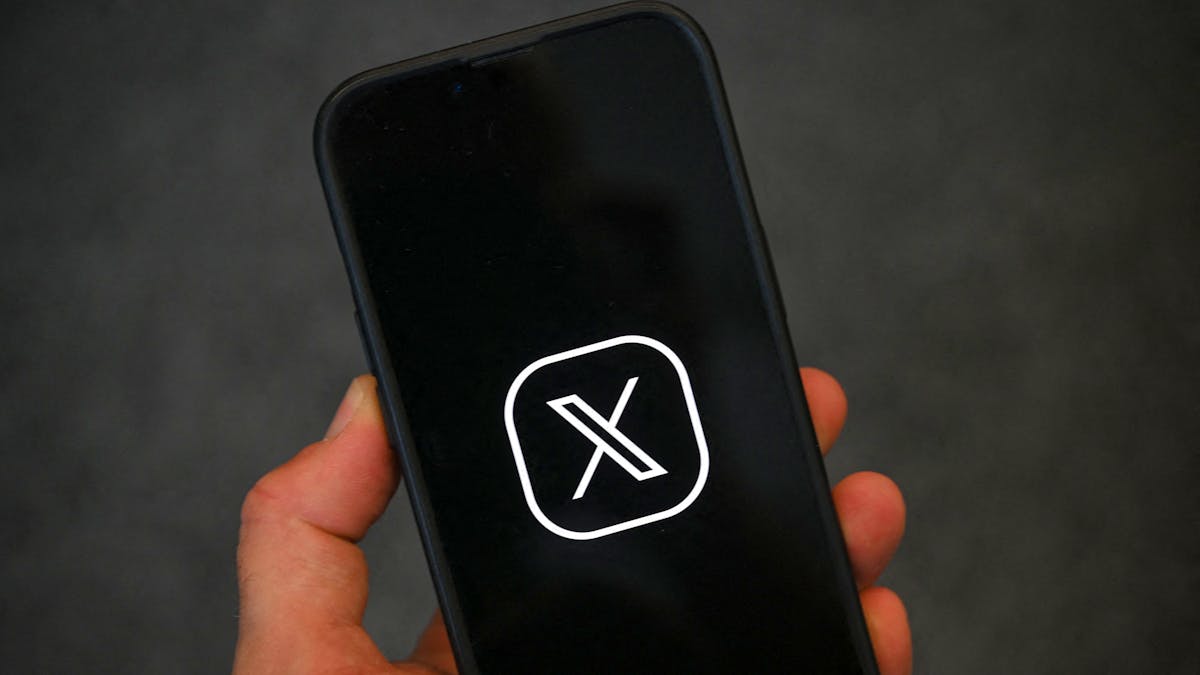More than 90% of the context notes offered by X users are never published, according to a study published Wednesday, a figure which casts doubt on the effectiveness of this method in combating disinformation on the internet.
This estimate, published by the NGO Digital Democracy Institute of the Americas (DDIA), comes against a backdrop of divestment by several social networks from their resources dedicated to moderation and content verification (fact-checking).
On
A voting system
It is then up to other users, through a voting system, to say whether they consider this comment useful or not. If enough people vote in favor, a note is published for all Internet users, visible below the original publication.
Studying 1.76 million of these notes submitted between January 2021 and March 2025, the DDIA concluded that “the vast majority of notes submitted – more than 90% – never reach the public.”
“For a system promoted as fast, easy to expand and transparent, these figures should raise serious concerns,” underlines the American NGO in its study.
A “bottleneck” for their visibility
In 2023, 9.5% of notes submitted in English were published, compared to only 4.9% at the start of 2025, according to the DDIA. The dynamic is, however, opposite for Spanish-language grades.
A large portion of the notes that remain unpublished are due to a lack of consensus during the voting phase, while others are never even put to the vote, according to the study.
The increase in the number of notes seems to cause a “bottleneck” for their visibility, the publication points out, estimating that “many notes remain lost in limbo, invisible and unevaluated” by others.
“Community notes”
These “community notes”, launched by X under the direction of Linda Yaccarino who resigned on Wednesday, are now being considered by competitors TikTok and Meta (Facebook and Instagram).
This interest on the part of Meta comes after the Californian giant ended, at the beginning of the year, its program for verifying content published in the United States, which the group’s boss Mark Zuckerberg equated to “censorship”, using the terms of the ruling Republican Party.
The European Union, which has adopted a text aimed at curbing illegal content and disinformation on the internet (the DSA), may soon have to decide on the precise obligations of social networks on this subject.

